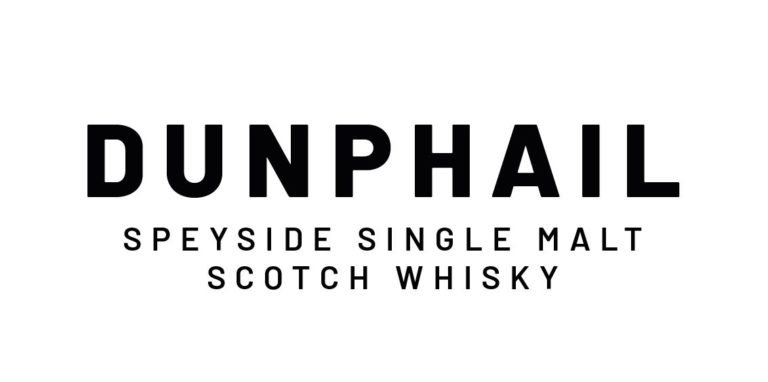22/08/2023
Chapter 17
My first peek at...Dunphail distillery - #1
What an exciting time for the whisky industry this is. Exciting and challenging of course. On one hand we have rising prices for ingredients, casks and energy. On the other a wider, more demanding and educated audience who (in some cases) starts to look into their wallets as well whilst looking for value.
As a whisky enthusiast it is even a more intriguing period, with more and more new players coming into the game and giving us a widening variety of choice. It is not of course just about the number of products available on the market, but it is about those new products designed for us.
You’ve been asking us a lot about some new distilleries. Since we love listening to you as much as you enjoy reading our wee stories, here’s a new series of articles looking into new distilleries.
And when we talk about quality, about products designed for us, well…we couldn’t avoid talking about Dunphail distillery.
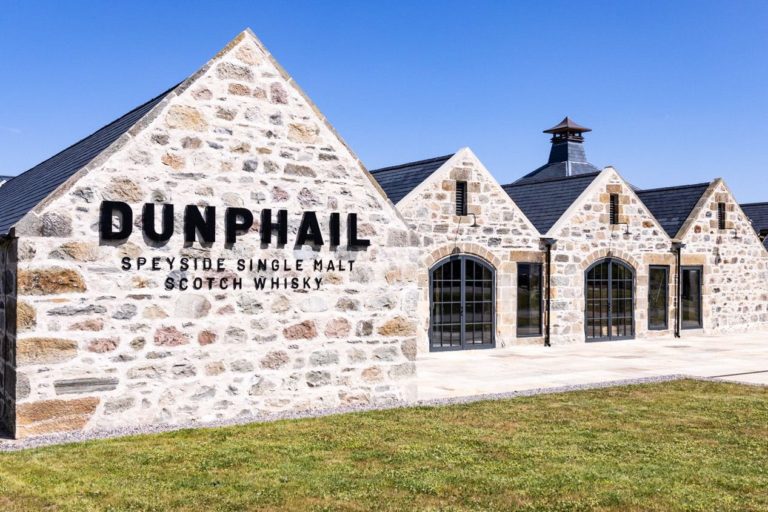
Dunphail distillery
Dunphail is a new, highly anticipated, distillery sharing owners with Bimber distillery , which has become over the years a synonym of quality among whisky fans.
It’s a Speyside distillery, built close to the homonym village along the A940 close to the north-western boundaries of Morayshire. If you’re driving from Edinburgh to Inverness through Cairngorms National Park or from Aberdeen to Inverness, it makes it just a little detour to come around and visit. Being where it is there’s so many distilleries nearby worth visiting you can easily make it your journey destination more than a detour of course.
We’ve been very lucky to talk about the distillery and its future plans with Matt McKay its director for Whisky Creation and already Drampath’s guest in Leo’s Chapter 21. Let’s see what he told us…
Hi Matt, and thanks for spending some time again with us to talk about Dunphail. Let's start from the name. What’s the meaning of the name ‘Dunphail’?
Hi Leo and Jack, thanks for welcoming me back. Of course – the ‘dun’ in Gaelic means castle and the ‘phail’ (spelt Fàil) is a spelling derivation of how the castle (the ruins of which are close to the distillery and can be visited) was protected – similarly to a palisade.
When it comes to distilling, location is key and has several implications: water source, ingredients' supply chain and the regional imprinting. Dunphail will be a Speyside distillery, how did you choose the site for Dunphail?
The location was selected based on a host of factors: the availability of suitable land and indeed the pre-existing farm standing buildings which have been renovated and converted to form the heart of the distillery; water availability – we have sunk a borehole; sunlight – we’re providing the distillery’s electrical needs purely through solar power; access – all distilleries require the inputs to distill etc.
And of course the love of the location by our Founder Dariusz who spent many months searching for the ideal site and in the process falling in love with the beauty and history of the Morayshire countryside.
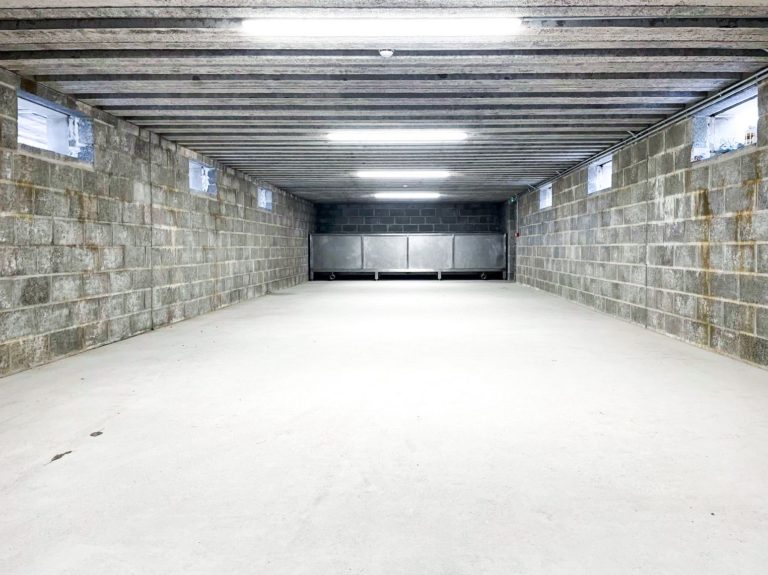
Can you tell us anything about the distillery design? What are the choices in terms of washbanks, malting floors (if any), stills' shape and firing, cooling...What drove these decisions?
Everything has been designed by us, in-house.
We have constructed a malting facility and kiln where 100% of our barley will be processed – the old way – entirely by hand . This has been the biggest investment in the distillery – both in terms of finance and time. It’s the reason for Dunphail existing – we’d not be establishing this distillery were it not for the ability to process and manipulate the malting and kilning aspects.
The spirit production draws its cues from Bimber in London – again highly traditional – long, open-topped ferments and directly fired stills. However, there are some important differences to Bimber. The wood choice for the fermenters is Douglas Fir this time and the stills are both larger (2,500 litres) and there’s three of them – two wash, one spirit. The shape is a more traditional pot in style as opposed to the alembics we’ve got in London, but likewise we’re working with adapted shell and tube condensers for cooling.
Like all distilleries, the setup is unique, but Dunphail in particular will be operating a highly traditional production regime in terms of the processes, techniques and hands-on approach to crafting whisky.
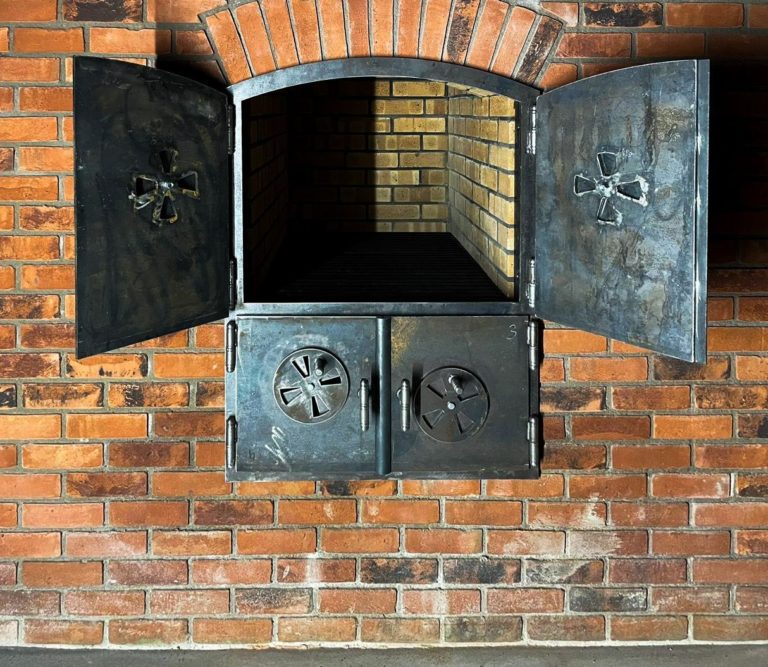
What will be the distillery orientation in terms of product offer? Will it be limited to a specific range of products (eg: single malt only, grain, peated/unpeated, ex-bourbon/sherry ageing etc)?
We will be producing both peated and unpeated single malts – both 100% malted and kilned on-site.
In terms of maturation I’m looking at a wood policy which favours refill ex-bourbon – it’s where my personal preferences lie and likewise I believe overtime it will allow the quality of the spirit to truly shine.
However, of course, there will be other cask types that we’ll look at create a broader inventory of styles. We’ll do this over time as we explore the diversity and adaptability of the Dunphail spirit – we love to surprise people so expect the unexpected at some point down the line!
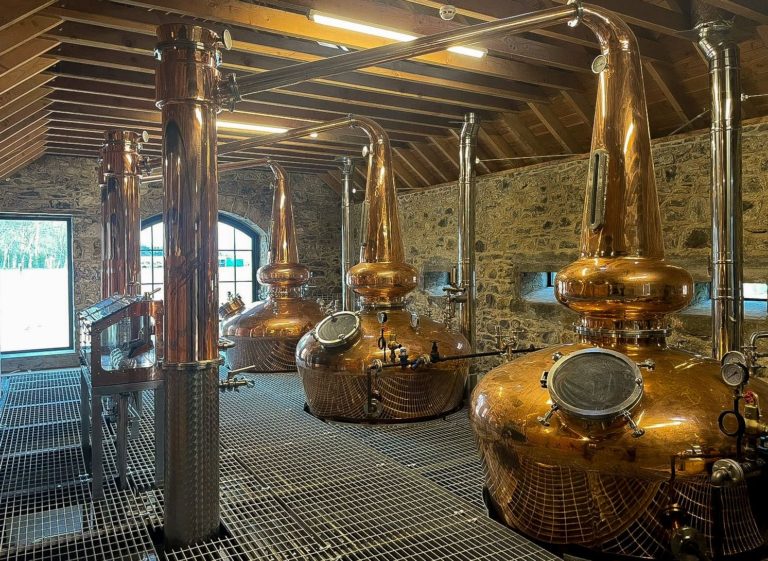
What’s the forecast of litres of alcohol annually produced? Are there any plans to expand this in future?
We will commence distillation shortly with 100K LPA. We have the potential ability to double this to 200K LPA down the line.
However, we’re keeping things manageable initially, as with a full malting floor and kiln for 100% of the production we need to be certain that we’re producing the highest quality malted barley we can for every spirit run. I.E. as you’d expect – we’re all about quality, not quantity.
New distilleries usually start from producing and selling white spirits like gin and vodka. This usually helps with getting the cashflow moving quicker, since, opposed to whisky, the ageing in casks for years won’t be needed. We noticed this is not the case at Dunphail, as we have only seen independent bottlings (The Dava Way) being released so far. Can you please tell us more about this choice?
At Bimber we produced vodka, gin and rum for a few years as our initial spirit matured into whisky. We are not doing that at Dunphail.
We’re laser-focused on crafting Scotch whisky and don’t want to spend any time using the capacity (both of plant and of people) for creating anything else.
We launched The Dava Way last year as an alternative approach – it raises the profile of the distillery whilst we start our journey – it of course brings in some cashflow early doors – and it provides some tasty drams for people to enjoy at the end of the tour of Dunphail. Plus both Dariusz and myself came to the world of whisky through a shared love of Scotch.
The independent bottler arm of Dunphail is an area that I lead on with my ‘Director of Whisky Creation’ hat on – and so I spend a good portion of my time hunting out casks of Scotch whisky which I feel are suitable for bottling under The Dava Way brand. We’ve got plenty of wonderful casks resting that you can expect to see over the coming years!
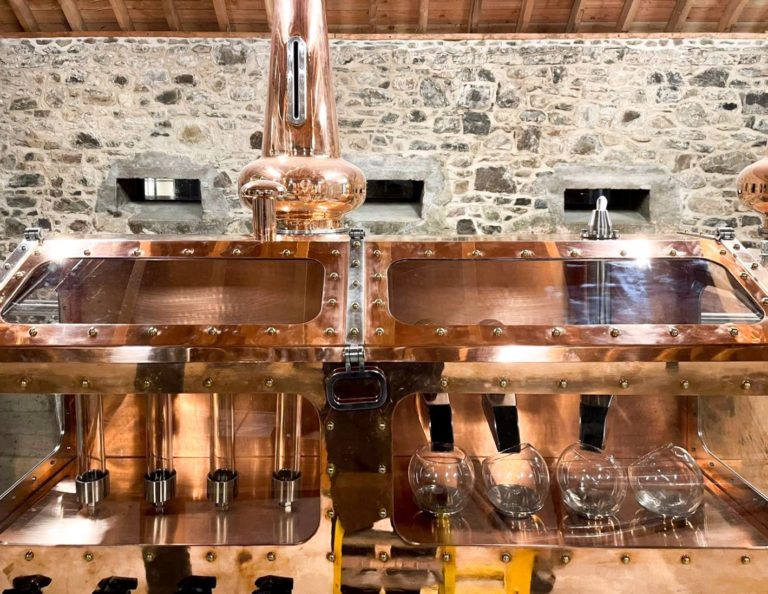
What was the idea and the thinking behind having a second distillery, in Scotland, since Bimber has already been delivering high quality products since day one? Can we expect any synergies/similarities between the two "sisters"?
Building and running a Scottish distillery has always been Dariusz’s dream. However, being totally frank, it would not have been possible without Bimber coming first – to prove our expertise, knowledge and craft.
However, it is not a replication of Bimber – as Dunphail is doing the one thing which it is not possible for Bimber to achieve – on-site malting. That’s the uniqueness of Dunphail and what marks it out as truly different.
The similarities only extend to our tireless belief in traditional production methods and that at present two of us (myself and Dariusz) work for both distilleries – but day-to-day, with very different setups, wood policies and maturation environments, the outputs from both distilleries will be entirely different by design.
Last, the distillery grand opening is imminent, is there a date already? Do you already have a scheduled pattern for the first releases?
Not as yet. We’ll open and commence production as soon as we’re able.
In advance of that the Visitor Centre and Shop have just opened to the public and tours will shortly commence – but as soon as production starts we’ll be sure to tell everyone about it.
Nothing has been decided about the first release – it’s simply way too soon. Of course we have ideas and hopes, but we’ll just have to wait and see. It’ll be ready when it’s ready!
